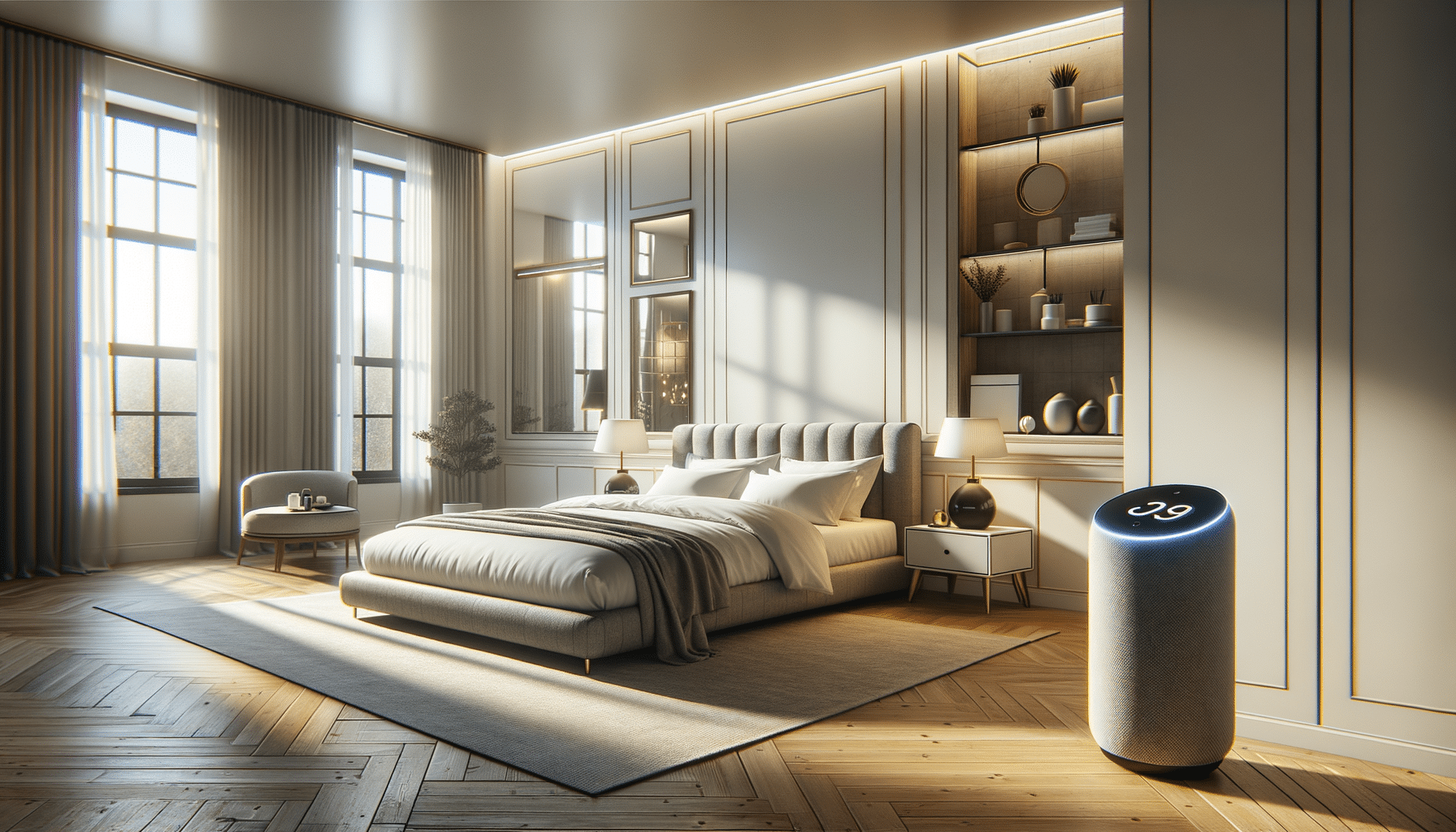
4 Simple Reasons Smart Beds Feel Different From Traditional Beds
The Evolution of Smart Beds
In the realm of home technology, smart beds represent a significant leap from traditional sleeping solutions. Unlike their predecessors, smart beds are designed to align with the modern demand for connectivity and personalized comfort. These beds integrate various technologies that allow users to adjust firmness, monitor sleep patterns, and even control the ambient environment around the bed. As more consumers seek to optimize their sleep experience, the demand for smart beds has grown, making them a noteworthy topic in the discussion of smart technology.
Smart beds often utilize sensors and internet connectivity to provide features that were unimaginable in traditional beds. These include automatic adjustments to sleeping positions, integration with other smart home devices, and detailed sleep analytics. The evolution of smart beds highlights a broader trend towards personalized healthcare and wellness, where technology plays a central role in improving quality of life.
- Automatic adjustment features
- Integration with smart home ecosystems
- Sleep tracking and analytics
Smart Beds: A Technological Marvel
Smart beds are more than just a place to sleep; they are technological marvels that enhance the sleeping experience through innovation. These beds are equipped with sensors that monitor various aspects of the user’s sleep, such as heart rate, breathing patterns, and movement. This data is then used to provide insights into sleep quality and suggest improvements.
The integration of smart technology into beds also includes connectivity with other devices. For instance, a smart bed can communicate with a thermostat to adjust room temperature or with smart lighting to create an optimal sleeping environment. These features demonstrate how smart beds are at the forefront of the Internet of Things (IoT), creating a seamless and interconnected home environment.
- Heart rate and breathing monitoring
- Integration with home climate control systems
- Connectivity with smart lighting
Health Benefits of Smart Beds
One of the most compelling reasons to consider a smart bed is the health benefits it offers. By providing detailed sleep analysis, smart beds help users understand their sleep patterns and make informed decisions to improve sleep hygiene. This is crucial as poor sleep quality is linked to numerous health issues, including obesity, cardiovascular diseases, and mental health disorders.
Furthermore, smart beds can be adjusted to alleviate specific health conditions. For example, individuals with back pain or sleep apnea might benefit from a bed that automatically adjusts to their optimal sleeping position. These health-centric features make smart beds a valuable investment for those looking to improve their overall well-being.
- Improved sleep hygiene
- Alleviation of specific health conditions
- Investment in overall well-being
Economic Considerations and Market Trends
The market for smart beds is expanding rapidly, driven by increasing consumer awareness and the desire for improved sleep quality. While smart beds typically come with a higher price tag than traditional beds, the investment is often justified by the long-term benefits they provide. The ability to track and improve sleep can lead to better health outcomes and increased productivity, which are invaluable in today’s fast-paced world.
Moreover, as technology advances, the cost of smart beds is expected to decrease, making them more accessible to a broader audience. This trend indicates a promising future for smart beds, as they become a standard feature in modern homes. The economic implications of this shift are significant, with potential growth in related industries such as healthcare technology and smart home devices.
- Growing consumer awareness
- Long-term health and productivity benefits
- Decreasing costs and increased accessibility
Integrating Smart Beds into Everyday Life
Integrating a smart bed into everyday life involves more than simply purchasing the product; it requires adapting to a new way of interacting with home environments. Smart beds encourage users to become more attuned to their sleep habits and make data-driven decisions to enhance their lifestyle. This integration is part of a larger trend towards smart homes, where devices work in harmony to create an efficient and comfortable living space.
To make the most of a smart bed, users should consider how it fits into their broader smart home ecosystem. For instance, connecting the bed with a home assistant can streamline bedtime routines, while integration with fitness trackers can provide a holistic view of health and wellness. As smart technology continues to evolve, the potential for smart beds to transform everyday life grows, offering a glimpse into the future of home living.
- Adapting to new sleep habits
- Integration with smart home ecosystems
- Holistic view of health and wellness


